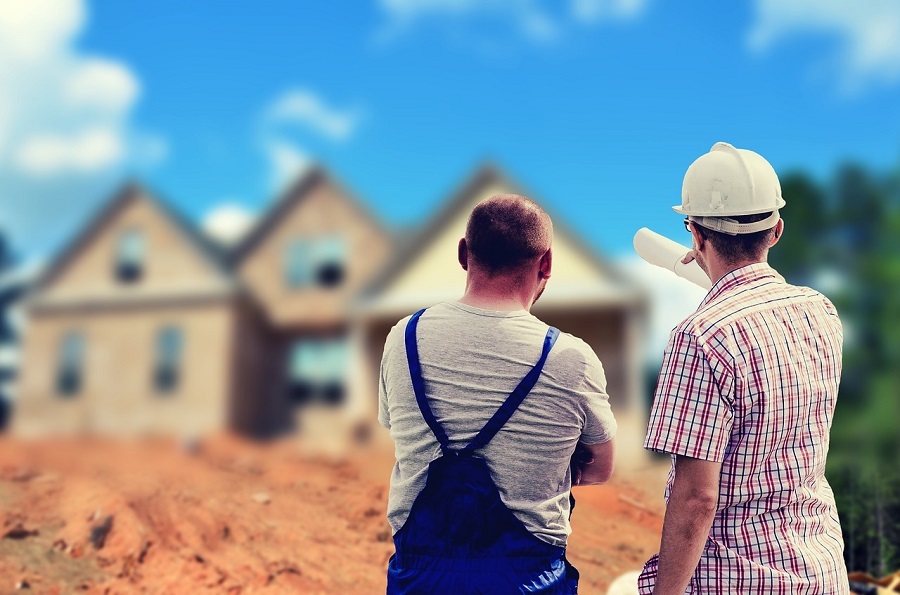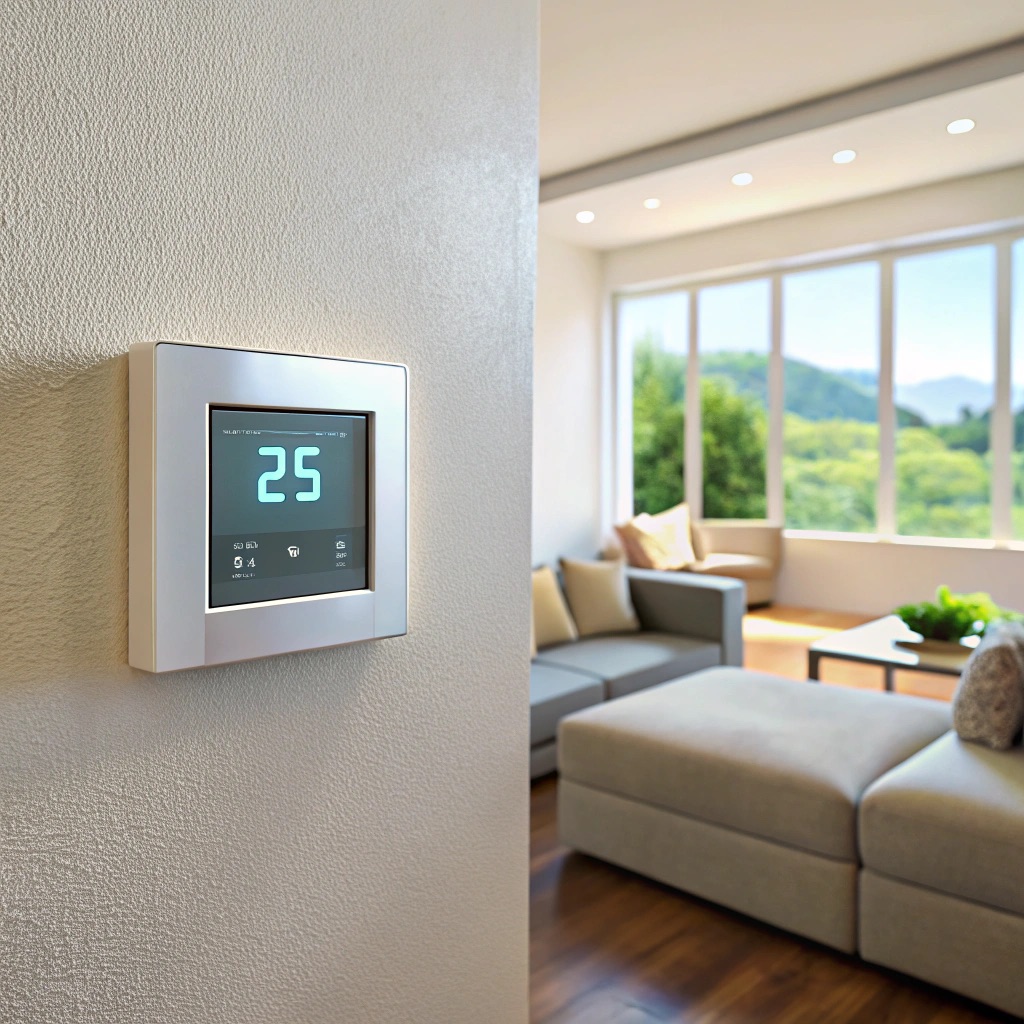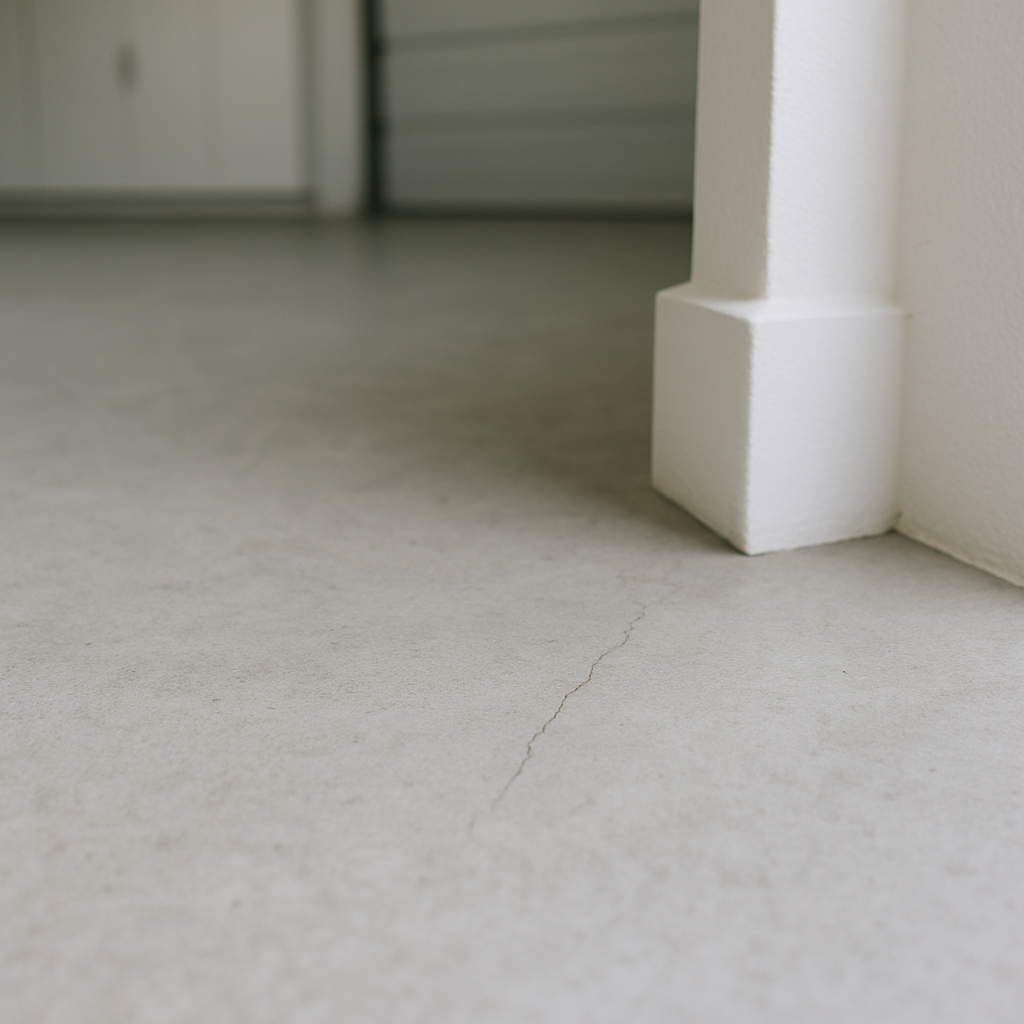Last updated on
Curious to know what it takes to build a home? Here are the 13 steps you need to follow to build a house. Read on!
Understanding the different stages of construction of your home is essential to follow the progress of the construction, ensure quality, and provide constructive criticism when luxury property renovation companies take care of the process. This is why it is important for you to have a detailed and accurate idea about each of the steps.
And you’ll be able to do so by following our article — we’ll explain all the 13 steps involved in typical home constructions. This isn’t an exhaustive list, and depending on your needs, extra steps might need to be taken, but this list mentions all the major, most important ones.

What's Inside
Earthwork
The digger prepares the soil to level it and make it capable of supporting the construction of your house. After you have the blueprints and permits sorted out, this is the first thing the construction team will work on.
Often, this process is facilitated by heavy machinery for optimum results. Keeping durability and performance in mind, many construction companies trust in the use of aftermarket Caterpillar parts.
Water Drainage
Water is drained from the ground to reduce the risk of infiltration and condensation in the future. This step largely depends on the type of geography you’re building your home on. This could be deeply needed if you live in a humid place with rivers close by to more or less unnecessary if you’re living in a dry place.
The Foundation
The construction company can begin to build the foundations of your home, which are essential to ensure a solid built. Depending on the quality of the soil on your land, they can be shallow (if the soil is stable), semi-deep (buried up to 5 meters) or deep (if it has to go below 6 meters).
The Substructure
The substructure is done below the surface to enable the construction of the home. Depending on the nature of your land and the shape of your home, it can take several forms.
Slab Construction
It is a large concrete slab supporting your house. This is the time to validate the type of flooring of your future home. This step is where you choose the heating option inside your home (geothermal, underfloor heating, etc.).
Frames and Masonry
The mason mounts the walls and the house begins to take shape. This largely determines the structure and the exterior look of your home.
The Frame and the Roofing
The carpenter and the roofer get involved to install the roof and, afterwards, the stairs are mounted.
The Windows and Doors
This step is straightforward: the doors and windows are installed. This is the step that makes the house look like a proper house with all the basics taken care of.
Exterior Cladding
According to your choices (wood, plaster, stone), the exterior cladding is made. This determines the curb appeal of your home and determines how your exterior looks.
Insulation
The walls and window frames are covered with insulating material. This is extremely important because it determines your energy costs and your comfort inside your home during hot and cold weather.
Partitioning
This step might be done before the exterior cladding, the windows and doors installation and insulation, but not necessarily. This is where you partition the interior into different rooms.
Interior Cladding, Painting, and Tiling
Painters, tilers, decorators, and craftsmen enter the scene to carry out the arrangement and decoration of the interior of your home.
The Finishing Touches
The finishing touches are carried out to make the home comfortable and livable.




